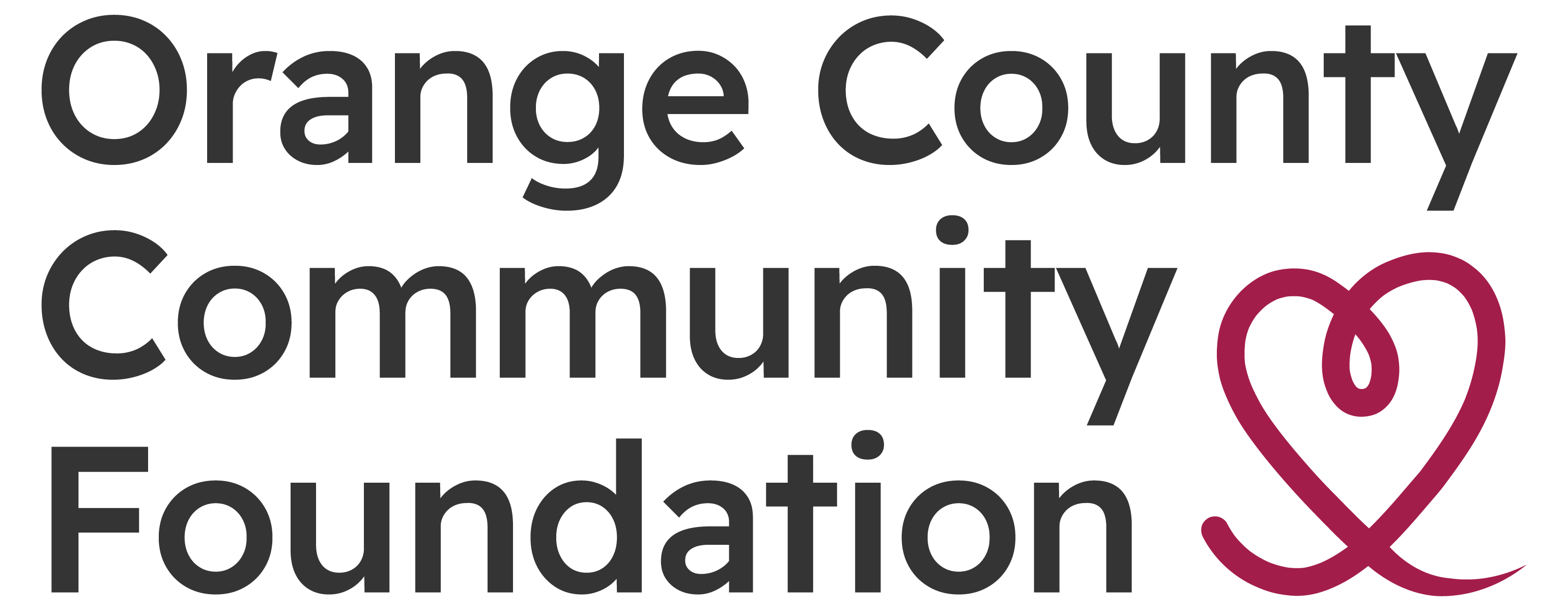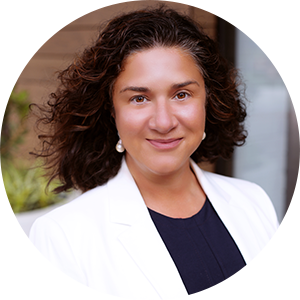Legacy Funds
A legacy fund ensures that your philanthropic vision lives on beyond your lifetime.
You can structure your gifts to accomplish philanthropic, family and financial goals in the present and build a legacy that will grow for the future. By planning a legacy gift during your lifetime, you sow seeds of generosity that will bear fruit for generations.
With the long-term goals of providing for your loved ones, reducing taxes, and remembering worthy causes, there are many ways to structure your future giving that can mutually benefit you, the community, and your favorite charitable organizations.
Why work with us on your planned giving?
- Oversight: We’ve been a trusted partner in Orange County since 1989. As our community’s needs and opportunities continue to change, the Foundation will be here to steward your gifts according to your charitable intent in perpetuity.
- Flexibility: We can work with you to create a Legacy Fund agreement outlining your future charitable plans. There is no fee to establish the agreement or to make future changes.
- Endowment Growth: An endowment fund at OCCF allows you to generate more funding in the long run than an initial outright donation would have, maximizing your long-term philanthropic impact.
How Can I Establish a Future Gift?
There are many ways to create lasting community impact through a planned gift. The following planned gifts can be utilized during your lifetime, and beyond:
Bequest
Include specific language in your will or trust naming a new or existing fund at OCCF as the beneficiary of a testamentary gift. You can specify a specific dollar amount, a percentage of your estate, or the remainder of your estate. Your estate receives a charitable deduction equal to the value of your gift.
Retirement Plan
- Beneficiary Designation: By designating the Foundation as the sole or partial beneficiary of assets remaining in a retirement plan, after death your proceeds would be directed to an OCCF fund. This strategy can be far more advantageous than having those assets included in a taxable estate or leaving them to heirs.
- o IRA Qualified Charitable Distribution: Under current legislation, holders of traditional and Roth IRAs who are at least 70-1/2 years old can make direct charitable transfers annually of up to $100,000 per taxpayer. As a qualified public charity, we can help you execute the transfer to either an existing or a new fund. Under current law, IRA Charitable Rollovers cannot be directed to Donor-Advised Funds.
Charitable Remainder Trust
A charitable remainder trust (CRT) allows you (or someone who you select) to receive income, knowing that whatever remains will benefit your charitable interests. Cash, stock, property, or other assets are placed into a trust that distributes to the “income beneficiary” an annual income for life or for the duration of the trust. As a donor, you would receive an immediate tax deduction for the present value of the gift. After death or at the end of a specified trust term (up to 20 years), the remainder of the trust transfers to a fund that has been named at OCCF or to a specific charitable organization.
Charitable Lead Trust
A charitable lead trust (CLT) enables you to make charitable gifts now while transferring substantial assets to beneficiaries later. A trust is set up from which OCCF receives annual payments for your life or for a specified number of years. These payments may be distributed to any OCCF fund you specify, including a donor-advised fund that you establish. When the trust terminates, the trust principal is returned to you or distributed to your children or to others you may designate. The trust assets pass to the recipients at reduced tax cost, sometimes even tax-free.
Life Insurance
There are two easy and beneficial ways that you can use life insurance to fund your giving. If you have a paid-up (or cash value) life insurance policy that is no longer needed for its intended purpose (e.g., your children are grown, your spouse has predeceased you, or tax laws have changed), you can give the policy to a fund at OCCF. The policy will be cashed in, and the proceeds can be used immediately for charitable giving. Life insurance can also be part of your estate planning by naming OCCF as a partial and/or contingent beneficiary of an insurance policy's death benefit. If one or more of the primary beneficiaries predecease you, their share can go directly into an OCCF fund.




